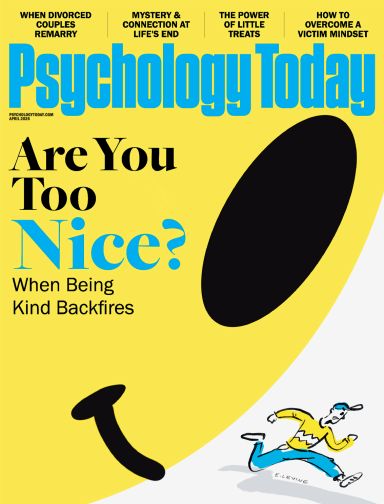Everybody has a rich inner landscape contoured by emotions; they not only give meaning and color to everyday experience, but emotions commonly influence decision-making. They may be humanity’s earliest guide to how to get basic needs met. Yet science is not quite clear what emotions are. Whether they are inborn, genetically determined reactions, each with its own mechanism; patterns of response to stimuli, each distinctively etched into neural circuitry; or in-the-moment interpretations of ...| Psychology Today
Guilt is aversive and—like shame, embarrassment, or pride—has been described as a self-conscious emotion, involving reflection on oneself. People may feel guilt for a variety of reasons, including acts they have committed (or think that they committed), a failure to do something they should have done, or thoughts that they think are morally wrong.| Psychology Today
Embarrassment is a painful but important emotional state. Most researchers believe that the purpose of embarrassment is to make people feel badly about their social or personal mistakes as a form of internal (or societal) feedback, so that they learn not to repeat the error. The accompanying physiological changes, including blushing, sweating, or stammering, may signal to others that a person recognizes their own error, and so is not cold-hearted or oblivious.| Psychology Today



